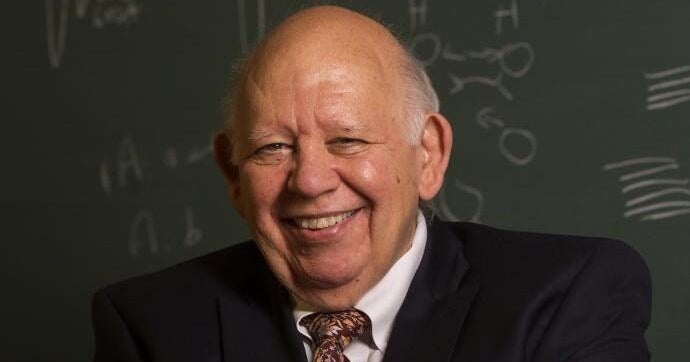Chemical In Pot That Gets You High May Prevent Alzheimer's Disease
SAN FRANCISCO (CBS SF) -- The same chemical in marijuana that causes people to get high may also protect their brains from the ravages of Alzheimer's disease.
Scientists at the Salk Institute have found evidence that delta-9-tetrahydrocannabinol or THC, the active ingredient in pot, reduces amyloid beta, the toxic protein associated with Alzheimer's.
The study was published in the Journal Nature.
Alzheimer's is an incurable brain disease that leads to serious memory loss, dementia and death, affecting more than 5 million Americans.
Plaque-forming amyloid beta proteins in the aging brain are a "hallmark of the disease," along with cellular inflammation and neuron death.
The brain's natural defense against amyloid beta is the production of endocannabinoids receptors. Physical activity helps activate those receptors, but scientists found the psychoactive effects of THC mimic that process.
"When we were able to identify the molecular basis of the inflammatory response to amyloid beta, it became clear that THC-like compounds that the nerve cells make themselves may be involved in protecting the cells from dying," said researcher and co-author Antonio Currais in a press release.
"Although other studies have offered evidence that cannabinoids might be neuroprotective against the symptoms of Alzheimer's, we believe our study is the first to demonstrate that cannabinoids affect both inflammation and amyloid beta accumulation in nerve cells," says Salk Professor David Schubert, the senior author of the paper.
The positive results observed on lab-grown human neurons treated with THC-like compounds to reduce inflammation and prevent cell death have powerful implications. Alzheimer's researchers believe this signals "a potential avenue for preventing neurological damage from this devastating disease."
Schubert says this latest discovery of the preemptive value of THC in the fight against Alzheimer's disease has thus far been limited to exploratory laboratory models. As a therapy, he says THC must be tested in clinical trials.







